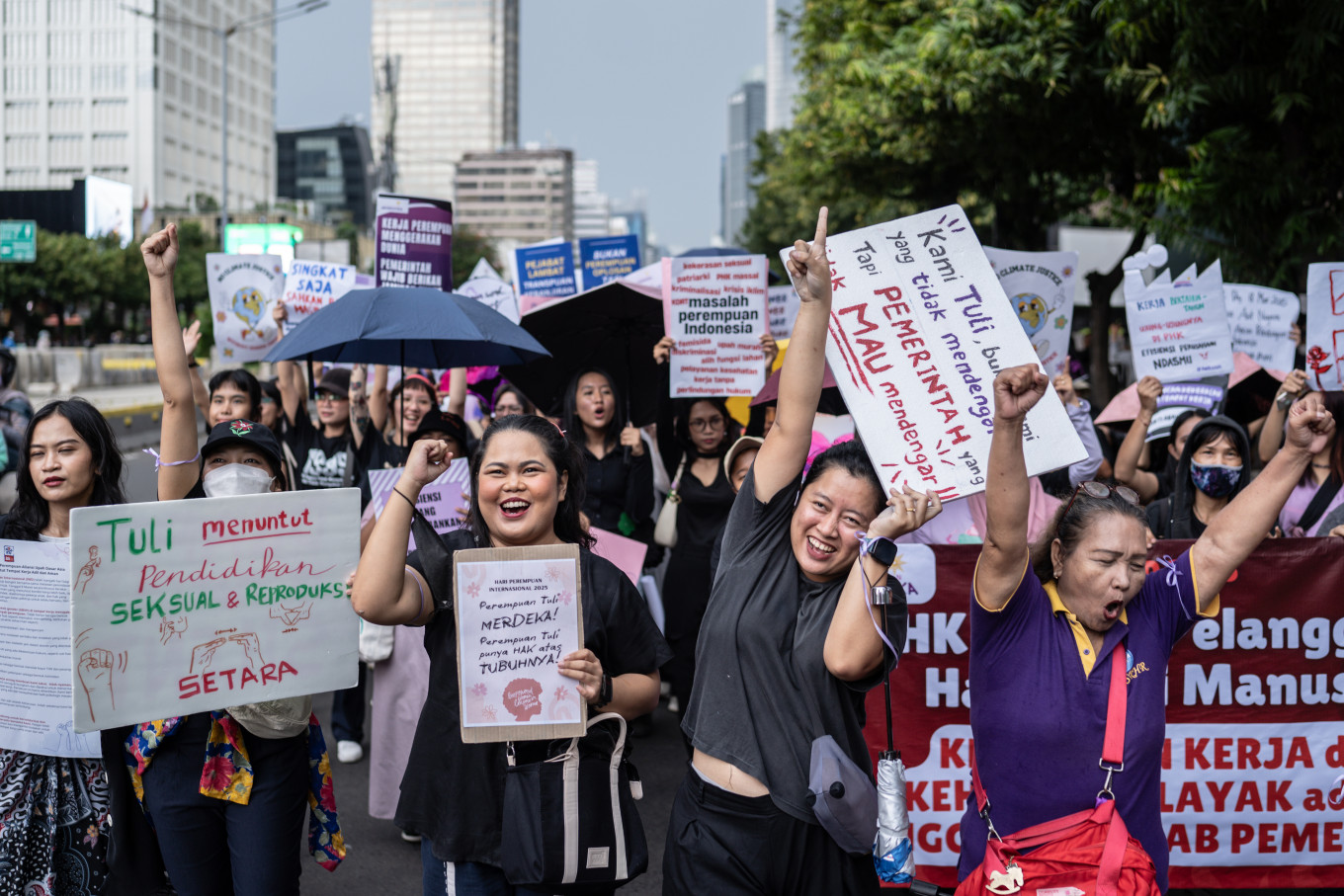Popular Reads
Top Results
Can't find what you're looking for?
View all search resultsPopular Reads
Top Results
Can't find what you're looking for?
View all search resultsOnline scams, human trafficking reflect job hunger, starvation
In Indonesia's manufacturing and service industries, workers compete for jobs but due to market forces, 30 percent of them earn below the minimum regional wage.
Change text size
Gift Premium Articles
to Anyone
By
Surakarta/Jakarta
In the neoliberal work era, the terms "job hunger" and "job starvation" have not yet become a foundation for analyzing the surge of Generation Z trapped in the online job search process and human trafficking. Both reflect the complex dynamics among individuals, regional/global migration, labor markets and the political-economic structures that govern these relationships.
Although the two terms may seem similar, there are significant differences in their meanings and implications.
Migrant CARE defines "job hunger" as a condition when someone has a strong urge to work to meet financial or personal needs. In the context of political economy, this phenomenon is influenced by high unemployment, limited job opportunities and weak job creation policies.
Many workers in Indonesia, especially informal workers (more than 50 percent of the workforce in 2022), accept jobs under less-than-ideal conditions due to the lack of access to formal employment with social protection. This situation felt even worse during crises like COVID-19.



















